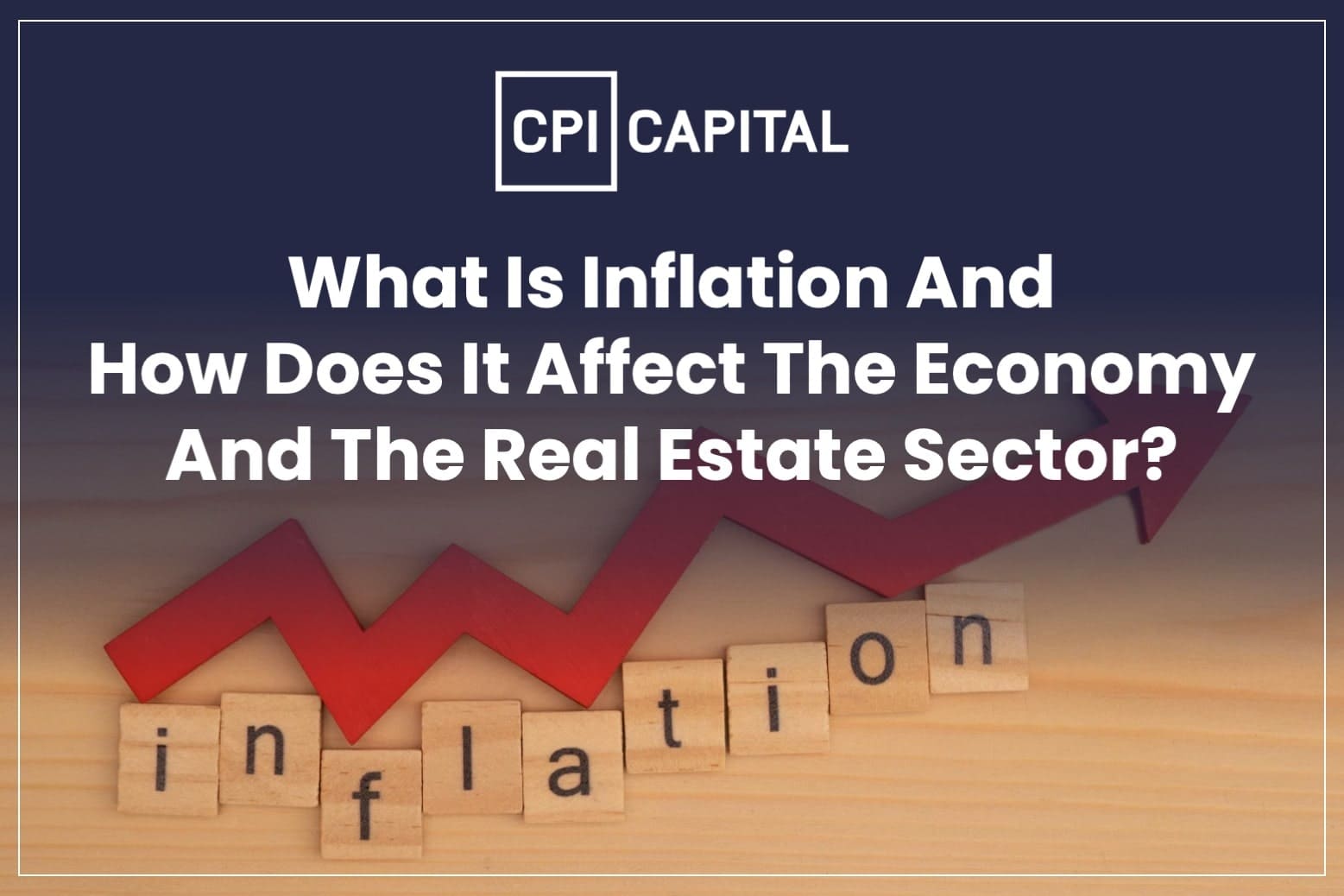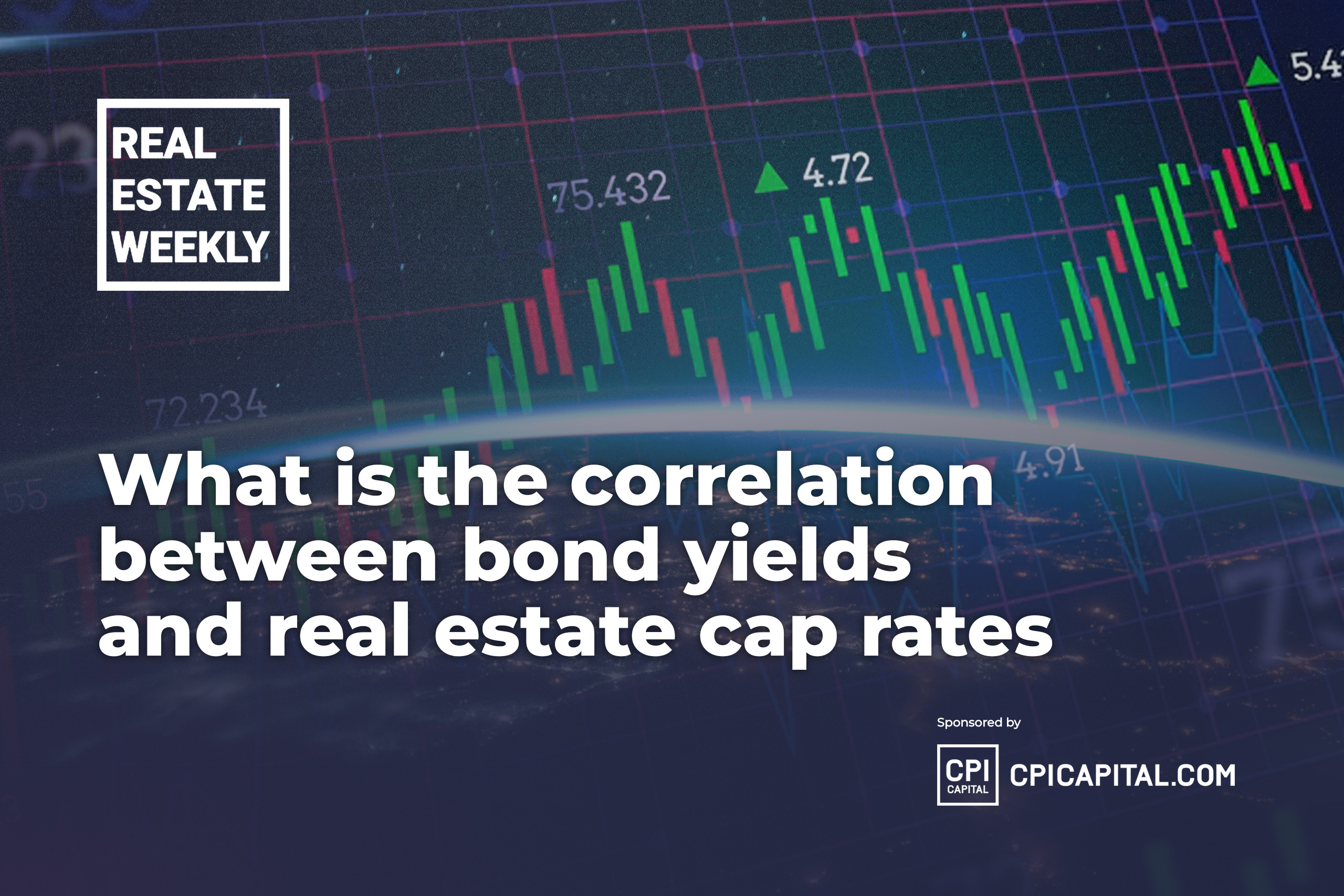
Dear valued existing investors and future investors,
Welcome to this week’s CPI Capital’s news briefing. Our regular, weekly newsletter contains a mixture of updates, commentary and informative related articles about the lucrative world of passive real estate investment.
If you are already one of our subscribers, thank you. If you are not, take the chance to sign up to our newsletter now and keep right up to date with all you need to know about syndicated real estate investment!
Download and read our FREE e-book: 25 Fundamental questions to ask a Syndication Sponsor before making your investment
In any major economy, the cost of living changes. Salaries increase, the price of goods goes up and general living expenses such as the cost of electricity or water rise. In multifamily and/or BTR-SFR properties, rentals and capital values increase as basic economic factors such as supply and demand shift.
But what overall effect does this change in prices or “inflation” have on the national or regional economy and investment returns in real estate particularly? This week we will take a look at some of the key issues involved.
What exactly is inflation and how is it caused?
Inflation is an economic phenomenon that refers to the sustained increase in the general price level of goods and services over time. The effects of inflation mean that the purchasing power of money decreases over time and, accordingly, people need more money to buy the same amount of goods and services.
Inflation can be caused by various factors, including an increase in the money supply, a rise in demand for goods and services, a decrease in supply of goods and services, and external shocks such as changes in oil prices or natural disasters.
Some impacts of inflation on the economy
Inflation can have significant implications for the economy and the real estate sector, both positive and negative. In the short term, moderate inflation can stimulate economic growth by encouraging consumption and investment. When prices are rising, people are more likely to spend money now rather than later because they expect prices to be even higher in the future. This increase in spending can boost economic activity and create jobs.
However, when inflation becomes too high or too volatile, it can have negative effects on the economy. High inflation can reduce the purchasing power of consumers and erode the value of savings and investments. This, in turn, can lead to a decline in consumer confidence, a slowdown in economic growth, and an increase in unemployment.
In addition, high inflation can lead to distortions in the economy, as businesses and individuals start to make decisions based on inflation expectations rather than on real economic conditions. This can lead to misallocation of resources and an inefficient use of capital.
Some impacts of inflation on the real estate sector and, by extension, multifamily
Inflation can also have significant implications for the real estate sector. Real estate is a long-term investment and changes in inflation can affect its value over time.
When inflation is low and stable, real estate prices tend to increase in line with inflation. This means that real estate investors can expect a steady return on their investment, and the real estate sector can contribute to economic growth.
However, when inflation becomes too high or too volatile, it can have negative effects on the real estate sector. High inflation can lead to an increase in interest rates, which can make borrowing more expensive and reduce demand for real estate, thereby reducing occupancy. This can lead to a decline in real estate prices, which can have a negative impact on the economy as a whole.
In addition, high inflation can lead to distortions in the real estate market, as investors and developers start to make decisions based on inflation expectations rather than on real economic conditions.
Mitigating the impact of inflation on the economy and the real estate sector
To mitigate the impact of inflation on the economy and the real estate sector, policymakers and investors can take several key measures and these include:
Monetary Policy
One of the most important tools for mitigating the impact of inflation is monetary policy. Central banks can use monetary policy to influence the supply of money and credit in the economy, which can affect inflation and economic growth.
When inflation is high, central banks can increase interest rates to reduce the demand for credit and cool down the economy. This, in turn, can reduce inflation and promote economic stability.
On the other hand, when inflation is low and the economy is weak, central banks can lower interest rates to stimulate economic growth and increase inflation.
Fiscal Policy
Fiscal policy can also be used to mitigate the impact of inflation and is an effective tool for mitigating the impact of inflation on the economy and the real estate sector. When inflation is high, governments can use fiscal policy to reduce the level of economic activity and control inflation.
One way to reduce the level of economic activity is to decrease government spending. When the government spends less money, there is less demand for goods and services in the economy, which can help reduce the upward pressure on prices.
Governments can also use fiscal policy to increase taxes, which can reduce the disposable income of households and businesses. This, in turn, can reduce the level of consumption and investment, which can help reduce inflation.
However, it is important to note that fiscal policy can have both positive and negative effects on the economy. Decreasing government spending and increasing taxes can reduce inflation, but it can also lead to a slowdown in economic growth and a decrease in employment.
Therefore, policymakers need to carefully balance the use of fiscal policy to ensure that it is effective in reducing inflation without causing undue harm to the economy. In addition, policymakers should be aware of the potential impact of fiscal policy on the real estate sector and take measures to ensure that real estate prices remain stable and contribute to economic growth.
SIGN UP HERE to receive our investment offerings
CPI Capital understands that mitigating the effects of inflation on multifamily assets is crucial for investors and property owners and employs various strategies to deal with this.
One is to incorporate rent escalations into lease agreements, another is to invest in energy-efficient upgrades and technologies, which can reduce utility costs and offset the impact of rising energy prices. Or our team at CPI Capital consider utilising inflation-protected financing options, such as adjustable-rate mortgages or inflation-indexed bonds, which can provide a hedge against inflationary pressures and reduce the risk of incurring any financial losses.
Yours sincerely,
August Biniaz
CIO, Co-Founder CPI Capital

Ready to build true wealth for your family?
It all starts with passive income. Apply to join the CPI Capital Investor Club.
Search
Recommended

What is the Correlation Between Bond Yields and Real Estate Cap Rates?
Dear valued existing investors and future investors, Welcome to CPI Capital's regular news...

The Sunk Cost Fallacy In Active Real Estate Investing: Embracing The Power of Multifamily Syndications
Dear valued existing investors and future investors, Welcome to this week's CPI Capital's news...

Key Metrics Every Multifamily Investor Needs to Know
Dear valued existing investors and future investors, Welcome once again to this week’s CPI...


